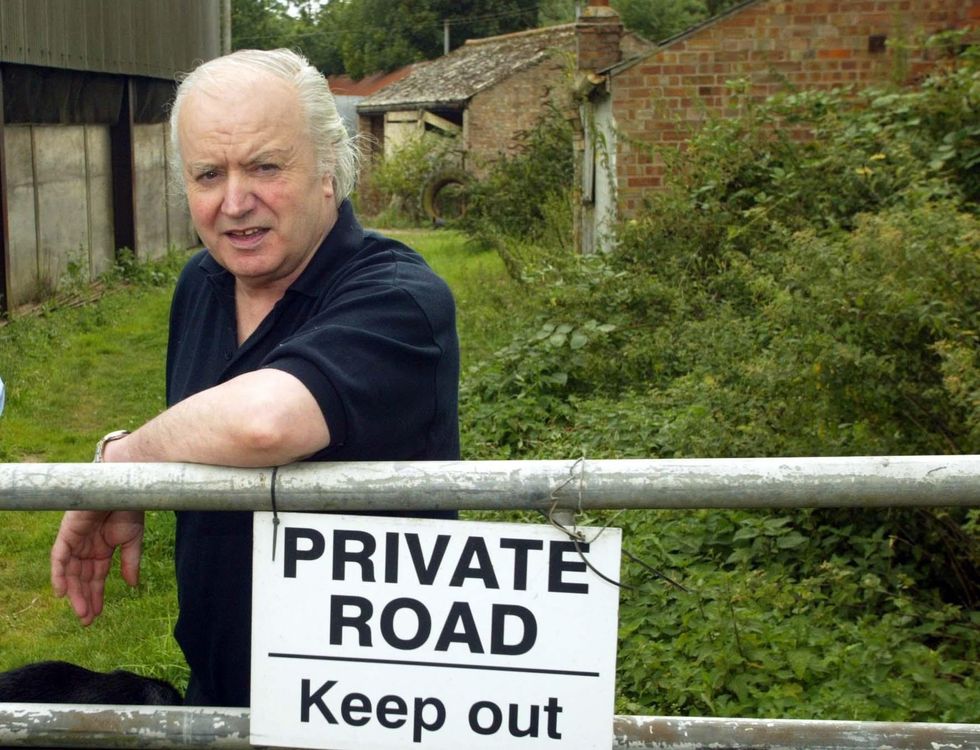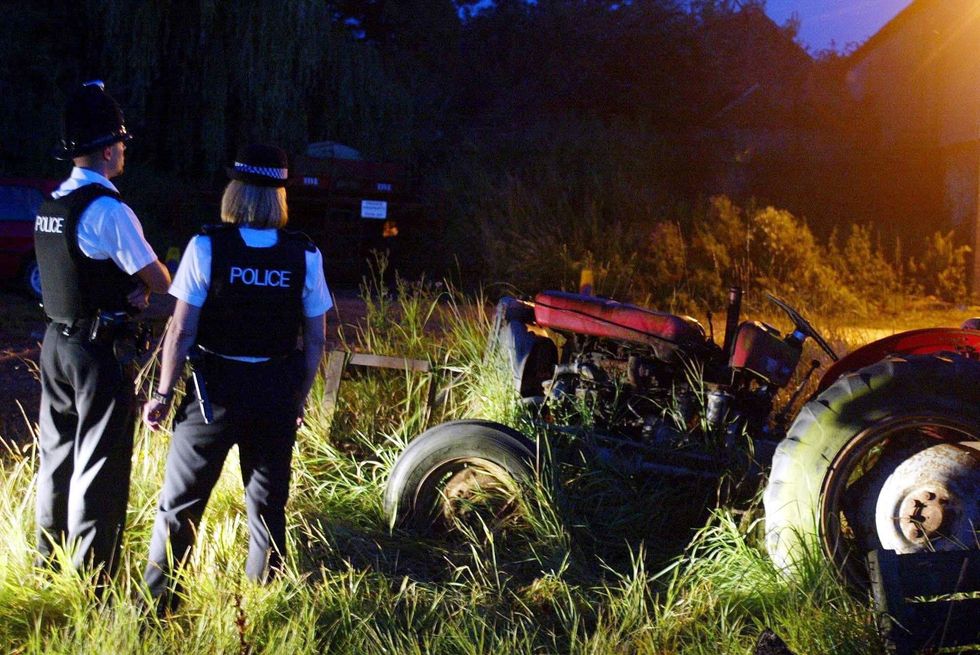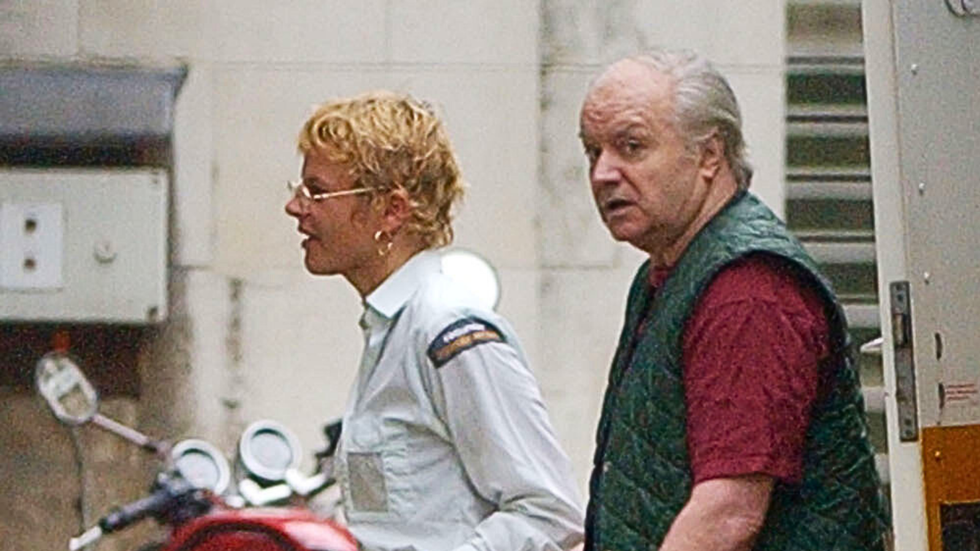Tony Martin: Farmer who was jailed after shooting dead teen intruder dies aged 80
Tony Martin, who became a nationally-known figure after fatally shooting a teenage burglar at his Norfolk farmhouse in 1999, has died aged 80.
Martin shot and killed 16-year-old Fred Barras during a break-in at his property, in a case that sparked intense debate across Britain.
He was jailed in 2000 for the boy’s murder – and for injuring 29-year-old Brendan Fearon in the same incident – before he was released three years later after his murder conviction was reduced to manslaughter.
Martin had lived alone at his run-down farmhouse in Emneth Hungate, near the Norfolk-Cambridgeshire border, at the time of the break-in.

On the night of August 20, 1999, the pair entered his home, having travelled from Newark in Nottinghamshire that evening to raid the property.
The farmer heard the duo, descended from an upstairs bedroom and opened fire with a pump-action shotgun.
Three days later, he was charged with Barras’s murder, the attempted murder of Fearon, “wounding with intent to cause injury” to Fearon and “possessing a firearm with intent to endanger life”.
At the time, English law only allowed the killing of a person in self-defence if the person defending themself used no more than “reasonable force” to do so.
READ MORE:
- ‘This is the Wild West!’ Michael Knowles defends ‘right to self-defence’ amid calls for more guns in schools
- The ONE thing this country needs if it’s going to take back control of our streets – Peter Bleksley
- ‘Stubborn’ OAP pointed loaded revolver at ‘terrified’ neighbour amid row over shared land

But a jury found Martin guilty by 10 to 2, and he was sentenced to life imprisonment with a minimum term of nine years – which was later reduced to eight before his early release.
Across the country, some Britons felt sympathy for Martin, especially those who supported the right to defend one’s home.
However, others saw the farmer as a violent eccentric-turned-vigilante who used unnecessary force.

His conviction was eventually downgraded to manslaughter after a court was told how the farmer was diagnosed with paranoid personality disorder, specifically directed at anyone intruding into his home.
Years later, the Crime & Courts Act 2013 gave people a “householder’s defence” if they used “reasonable” force against an intruder which was not “grossly disproportionate”.
That represented a change in the law – and was directly influenced by the Tony Martin trial and other similar cases.

